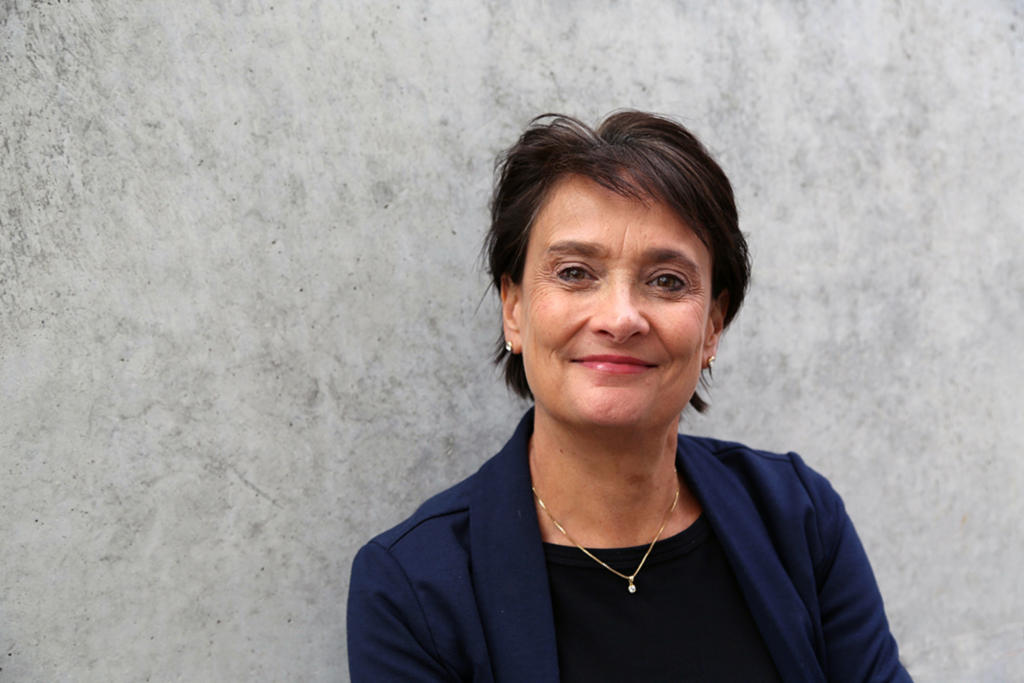
How should we cope with pandemic fatigue?

We are all fed up with cancelled holidays, missing our families in other countries, and none of us, if we are honest, enjoys wearing a mask.
The World Health Organisation is warning that people across Europe are exhausted and stressed by the measures to control Covid – 19. “Pandemic fatigue” is undermining efforts to control the virus. A WHO survey found that up to 60% of Europeans are becoming irritated with government restrictions, and sometimes reluctant to follow them.
On March 18th this year, I had a plane ticket to Singapore, the start of a long planned, one month trip to Australia and New Zealand. For two years I had saved up airmiles to wangle my way, for once, into business class.

All cancelled now, or at best on hold. In the intervening months I have worked from home, watched my sons fret about their futures as their university courses go online, and worried about my elderly mother, in a care home without visitors, suffering with advanced Alzheimers.
My experiences are not unique, millions of people have had similar. Some have lost jobs, others have lost loved ones. The WHO is now realizing that people need re-motivating, and it has published advice for governments on how to combat pandemic fatigue.

More
Inside Geneva: Coping with coronavirus as winter looms
Consultation and innovation
The WHO says “taking the pulse” of local communities is key. They should be consulted on new measures – Denmark did this by including students in the group working out the most effective ways to open universities safely. Innovation is important too; the festive season is approaching and people want something to look forward to. So don’t, the WHO says, tell people they can’t celebrate, instead invite them to discuss celebrating in ways that won’t risk spreading the virus.
How that might work in Geneva, and across Switzerland, is what I’ve been discussing in our latest Inside Geneva podcast. Samia Hurst-Majno and Nicola Low, both on the Swiss government’s Covid-19 taskforce, and global health expert Ilona Kickbusch, joined me for an in-depth look at how governments can motivate us, how we react, how the pandemic is changing us, and what we can expect this winter.
I warn you now, some of their answers may not fill you with optimism. One key thing they all agreed on is that we have many more months, possibly even a year or two, to live with this situation. So what are the ways governments can motivate us to cope with this?
Here are a few choice excerpts from our conversation:
Samia Hurst-Majno advises the taskforce on social behaviour. She suggests explaining the situation in terms of a budget of risk: the more the virus is spreading, the less risk we can take, the more activities we have to restrict. If the virus is declining, we can “spend” more risks, have bigger gatherings, and so on.
Sign up! The latest updates from International Geneva – in your inbox
Don’t promise what you can’t deliver
Ilona Kickbusch says governments must “not make promises they cannot keep”. No point, she thinks, saying there will be a vaccine by Christmas, when most scientific evidence suggests it will take longer. But she understands that “people want their lives back…it’s a very human reaction”. That is why she is right behind the WHO in believing that it is crucial to have social behaviour specialists like Samia advising governments alongside the epidemiologists.
Nicola Low, who is an epidemiologist advising the taskforce, is currently watching the rising cases in Switzerland with some alarm. She is not happy with the decision to allow mass gatherings of more than 1000 people from the start of October. That, to use Samia’s analogy, is a risk Nicola fears Switzerland doesn’t have the budget for.
Everyone wants to stay healthy, but everyone wants to stay working as well. There is the pressure to protect health, and the pressure from sectors of the economy already pushed to the brink of bankruptcy. Favour one, and you risk damaging the other. This is the dilemma facing governments.
To hear more about what our experts predict for the winter, tune in to the podcast, but I’ll leave you with one thought provoking comment from Ilona.
“We’re constantly talking about going back to normal, or build back better. We must stop that kind of thinking. Our societies, the way we live, the way our economies are structured, where money is being made, where the jobs are going to be, is being restructured by this virus as we speak.”
And a quick heads up: Inside Geneva will be going live from the Graduate Institute Geneva on October 28th, with a special programme looking at the future of the United Nations. The UN is 75 years old this year, but is it fit for the next 75? Or even the next 5? I’ll be joined by experts in international affairs, and students, to find out what we want, and what might be possible, from the UN in the future. You can watch the discussion live by registering hereExternal link, or viewing it on swissinfo.ch from 12:30-13:30 CET.
More

In compliance with the JTI standards
More: SWI swissinfo.ch certified by the Journalism Trust Initiative


































Join the conversation!